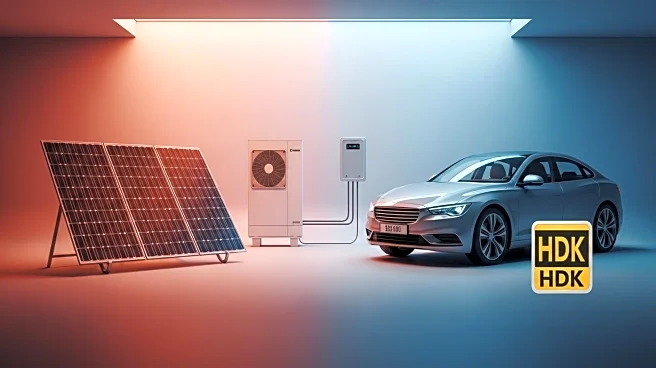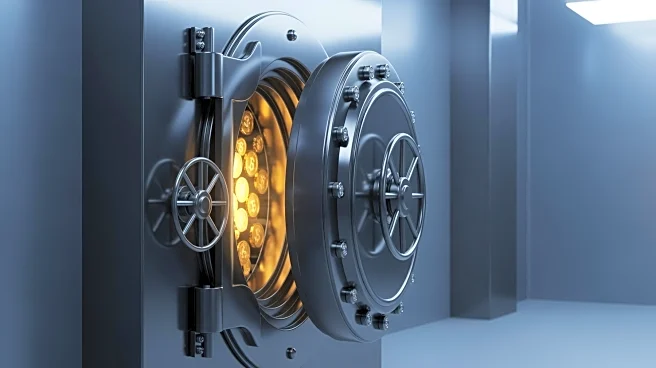What's Happening?
Recent data highlights the growing economic inequality in the United States, where the top 10% of households account for half of all consumer spending. This disparity affects the adoption of electric vehicles (EVs), solar panels, and heat pumps, as these technologies are primarily accessible to affluent households. The average transaction price for new cars, including EVs, is beyond the reach of median-income households, despite federal tax credits. Similarly, residential solar installations and heat pump retrofits are concentrated among wealthier homeowners due to high upfront costs and tax incentives that favor those with substantial tax liabilities.
Why It's Important?
The skewed adoption of clean energy technologies due to economic inequality poses a risk to the broader energy transition. If these technologies remain accessible only to the affluent, the transition could become politically vulnerable and stall, as it excludes a significant portion of the population. This situation mirrors historical instances where extreme inequality led to social unrest and political upheaval. For a sustainable energy transition, policies must broaden access and reduce costs for middle and lower-income households, ensuring equitable participation in the clean energy economy.
What's Next?
To address these challenges, policymakers may need to implement targeted subsidies, renter programs, and low-cost financing options to make clean energy technologies more accessible to a wider demographic. Without such measures, the transition risks being fragile and dependent on the spending habits of the affluent, making it vulnerable to economic downturns and political opposition.
Beyond the Headlines
The current inequality levels in the U.S. are reminiscent of the 1920s, with wide income and wealth gaps. This situation is corrosive to social trust and can deepen political polarization. An equitable energy transition is not only socially fair but essential for building a resilient and politically sustainable clean energy economy.









